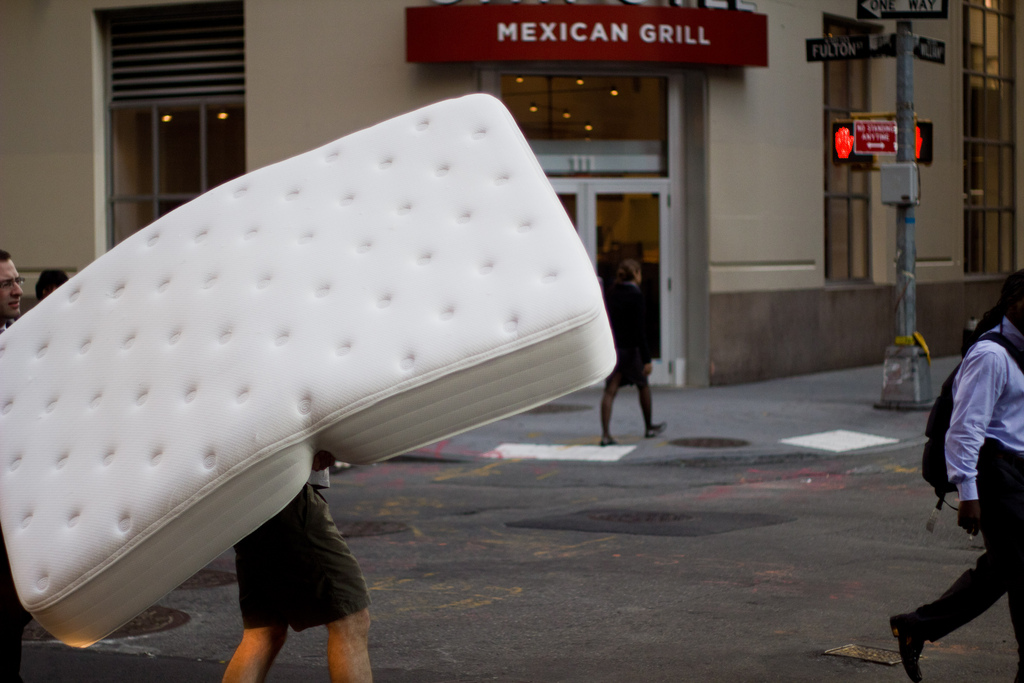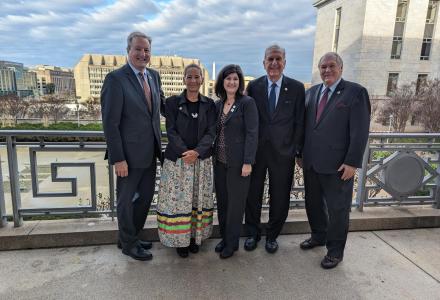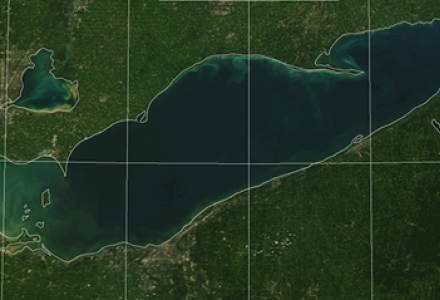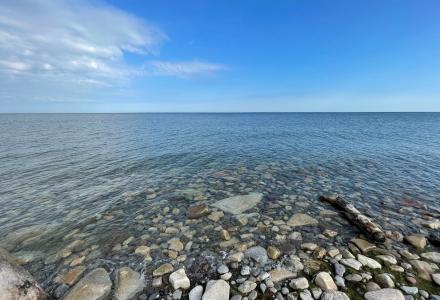

“The Waters of the Great Lakes should be free from pollutants in quantities or concentrations that could be harmful to human health, wildlife, or aquatic organisms, through direct exposure or indirect exposure through the food chain.”
So states a General Objective of the Great Lakes Water Quality Agreement between Canada and the United States. The agreement was last updated in 2012, but the IJC has since issued a Triennial Assessment of Progress (TAP) that includes discussion about work by the two governments in addressing pollutants. In this report, the IJC recommended “the Parties adopt and extend policies and programs based on the principles of Extended Producer Responsibility (EPR) on a broad range of products, including flame retardants, to prevent introduction of toxic and non-toxic contaminants into the Great Lakes.”

Extended Producer Responsibility is an environmental policy approach in which a producer’s responsibility for a product is extended to the post-consumer stage of a product’s life cycle. This recommendation largely originates from the IJC’s Water Quality Board, which recommended in late 2016 that the approach be embedded in binational strategies developed by the Canadian and US governments.
The IJC determined a need to better understand how a program for products containing toxic chemicals such as polybrominated diphenyl ethers (PBDEs) could be implemented in the Great Lakes basin by the governments of Canada and the United States.
(See also: “IJC recommends comprehensive actions to keep toxic flame retardants out of Great Lakes“)
In the TAP report, the IJC notes that the Canadian Council of Ministers of the Environment established a task group to provide guidance on the development and implementation of a harmonized approach to Extended Producer Responsibility programs that could be applied across Canada. This effort resulted in a Canada-wide Action Plan for Extended Producer Responsibility, “an approach that should be considered for adoption by other governments,” the report states.
The Canadian council is working on improving the consistency of Extended Producer Responsibility programs in Canada, in collaboration with industry in northern and remote areas, and in the management of construction, renovation and demolition waste. However, a 2016 benchmark study of the program has found consistencies and inconsistencies across programs in Canada.
The Water Quality Board also conducted preliminary research into Extended Producer Responsibility programs around the world, including what has been done in the U.S., Europe, Taiwan, Chile, and South Africa, to better understand how a transboundary program for the Great Lakes basin could be developed. Based on this research, the Water Quality Board has identified barriers to implementation, such as the difficulty in implementing a program for a legacy contaminant, the challenges of implementing an Extended Producer Responsibility program as either regulated or voluntary, and the difficulty in determining where responsibility should lie in product life cycles.
While many Extended Producer Responsibility programs exist, most of the programs focus on the recycling and safe disposal of electronics and appliances. However, the Water Quality Board identified examples of programs in the U.S. that focus on mattresses, a consumer product containing toxic chemicals such as PBDEs, and their recycling as required by state law.
In the U.S., states such as California, Connecticut and Rhode Island have enacted laws that require mattress recycling. To offer resources and guidance on this program, a nonprofit called the Mattress Recycling Council was created. Depending on the state in which the consumer, retailer, producer and renovator resides, they have certain rules to follow in accordance with the mattress recycling law.
For example, in California, retailers must not allow the sale of mattresses from manufacturers who have not registered with the recycling council; they must charge a recycling fee on the sale of all mattresses for use in California ($11, which is then sent to the recycling council); and they must allow for the free pick up of a customer’s used mattress.
The recycling council has focused on education on the life cycle of a mattress (through campaigns, events, news articles, etc.) and on the reimbursement of retailers for administrative costs when complying with the program. In 2016, the $11 recycling fee created a revenue stream of more than $40 million, with program expenses (such as collection, transportation, recycling, education and outreach, illegal dumping initiatives, administration, and oversight) of more than $20 million.
The IJC’s TAP concluded that “Extended Producer Responsibility is an approach that should be further implemented in the Great Lakes basin to prevent pollutants from entering the Great Lakes during product use and disposal.”

Rajesh Bejankiwar is a physical sciences officer at the IJC’s Great Lakes Regional Office in Windsor, Ontario.

Jessica MacKinnon is an environmental engineer who is completing her master’s in Bioresource Engineering-Integrated Water Resource Management at McGill University. MacKinnon interned with the IJC in 2015.





